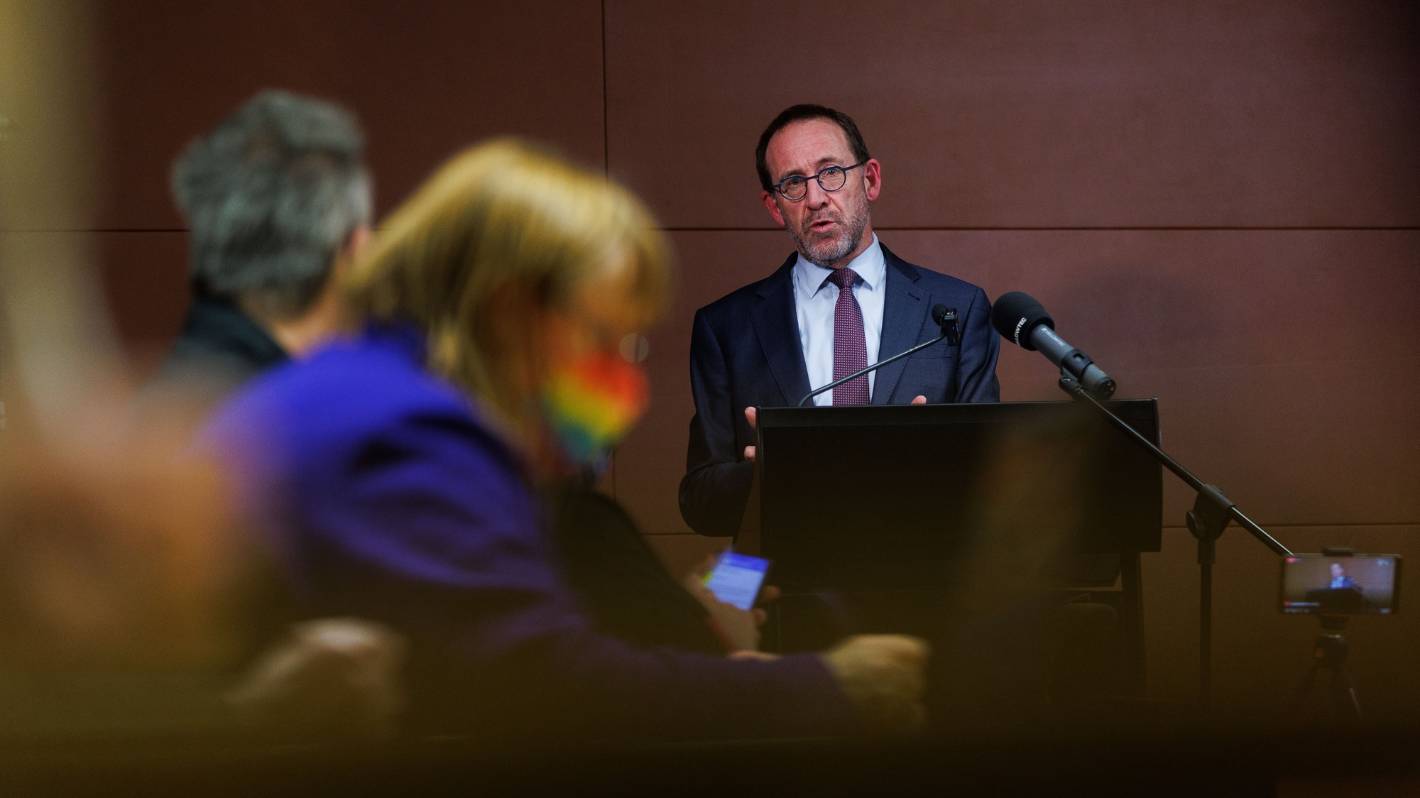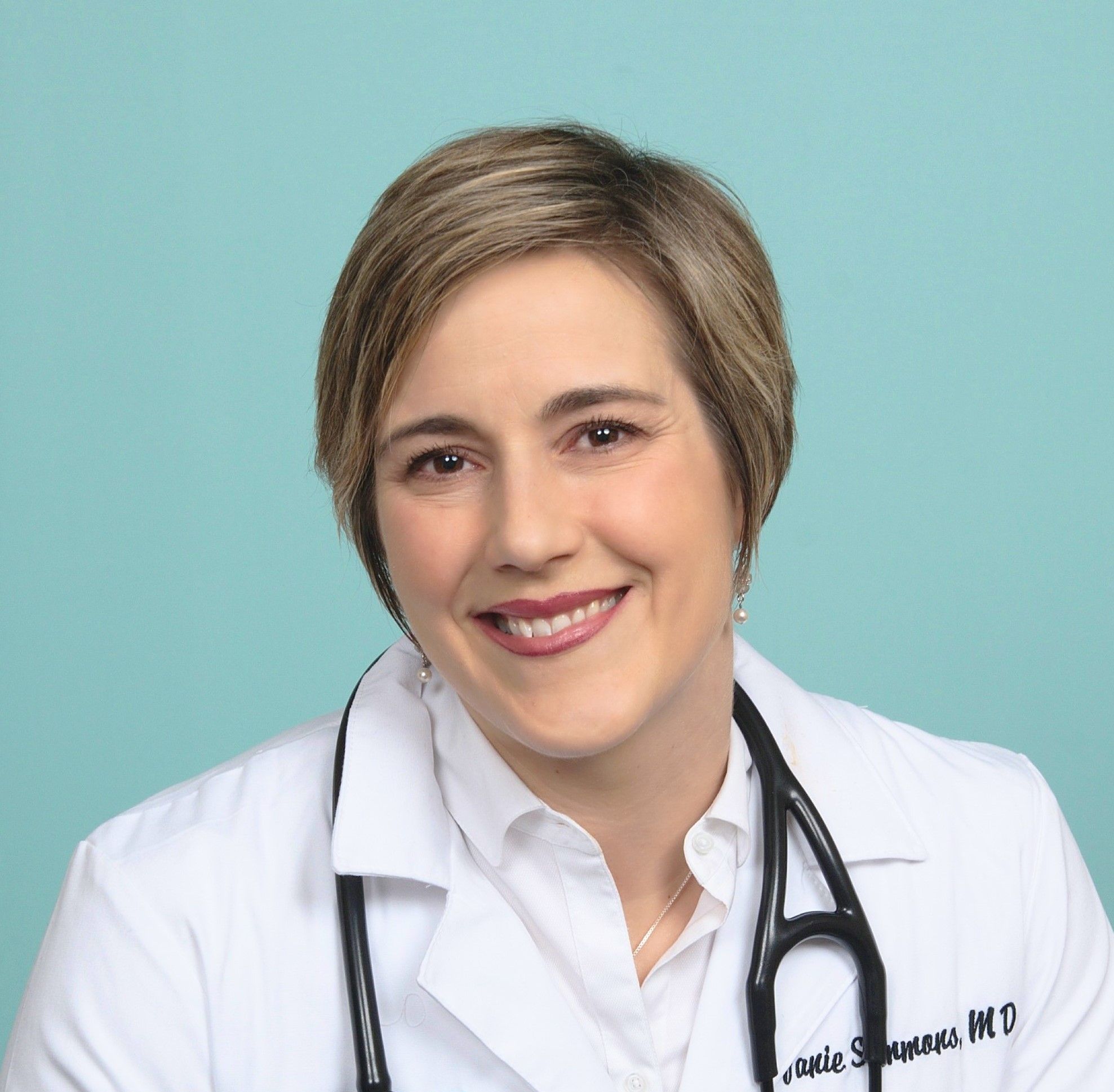[ad_1]
- The Government has promised to train more doctors, nurses and radiographers as part of a package to boost the healthcare workforce
- It will also will ease the process for overseas nurses and provide up to $10,000 in financial support for registration costs, and set up an immigration support service
- A co-ordinated and enhanced national and international healthcare recruitment campaign will also be launched
Health Minister Andrew Little has announced a raft of changes to ease the “extreme” pressure on the system and make it easier for healthcare workers to get into the country in a package with upfront costs of $14.4 million.
However, the College of Nurses has warned against using immigration as a remedy for workforce shortages, amid unprecedented global demand driven up by the pandemic.
The Government will fast track and cover $10,000 of an overseas nurses’ registration cost, as well as other healthcare worker training and national and international recruitment drives, and a new dedicated immigration support service to make it easier for workers to move to New Zealand.
READ MORE:
* Covid-19: How the updated traffic light system works
* Covid-19: Two children accidentally given adult doses of vaccination
* Covid-19: Aucklanders urged to get tests only if they need one, as queues build
But in a slightly less conventional announcement, Little also outlined a collaboration with the popular TV medical show, Shortland Street.
While the Government won’t be funding the show, the soap’s producers will have access to government information to help it build a storyline that promotes nursing as a career.
ROBERT KITCHIN/Stuff
Health Minister Andrew Little again refused to refer to the workforce issues as a “crisis” but did acknowledge the extreme pressure on the sector.
Little spoke about the workforce as the health system grates under relentless Covid-19 and winter illness pressures. As many as 3300 nursing roles are vacant around the country.
“The pressures that healthcare workers are under as a result of the Covid-19 pandemic, the worst flu season in living memory, and unprecedented staff absenteeism largely as a result of the first two factors … have been extreme over the last two weeks,” he said in the Beehive on Monday.
“But we have to acknowledge the problems go back before that. The system has been under resourced for a long time.”
Many of the measures have been previously announced or signalled. But Little said the system overhaul, and the creation of Health New Zealand, allowed the Government to move further and faster to implement these programmes and initiatives.
Stuff
The Government’s health workforce package comes as the sector raises the alarm about a system under immense pressure, which has led to treatment delays, workforce attrition and burnout.
However, the College of Nurses has warned easing immigration is not the solution to the workforce shortages.
“As an affluent country we have no right to take health professionals from countries whose need is equally, and perhaps even more, serious,” executive director Professor Jenny Carryer said.
Little said the number of nurse practitioners – nurses with advanced training who can practise beyond the level of a registered nurse – trained each year would double from 50 to 100 but Carryer said this should be expanded further, especially to ease pressures in primary care.
ROBERT KITCHIN/Stuff
Andrew Little and Health NZ chief executive Fepulea’i Margie Apa outlined commitments to get more doctors and nurses into training, while also fast-tracking the registration of those already able to fill existing gaps.
Dr Jeff Lowe, chair of General Practice NZ, said more and more practices were closing their books to new patients.
“We are reaping what we have sown over the years, which is a lack of investment in our GP workforce – both financially and planning-wise,” he said.
As part of its workforce package, the Government also committed to increasing the number of GPs trained each year to 300, while working to get more Māori and Pacific GPs coming through the pipeline.
“The announcement today is good in so far as it is an acknowledgement of the crisis however it doesn’t go far enough.”
However, Little again refused to refer to the workforce issues as a “crisis”.
“The current health workforce shortages have been decades in the making but have been exacerbated by Covid-19,” he said.
The package of measures removed actual cost barriers to migrants entering the health workforce while also ensuring New Zealand was training enough people locally in the long-term, he said.
[ad_2]
Source link

